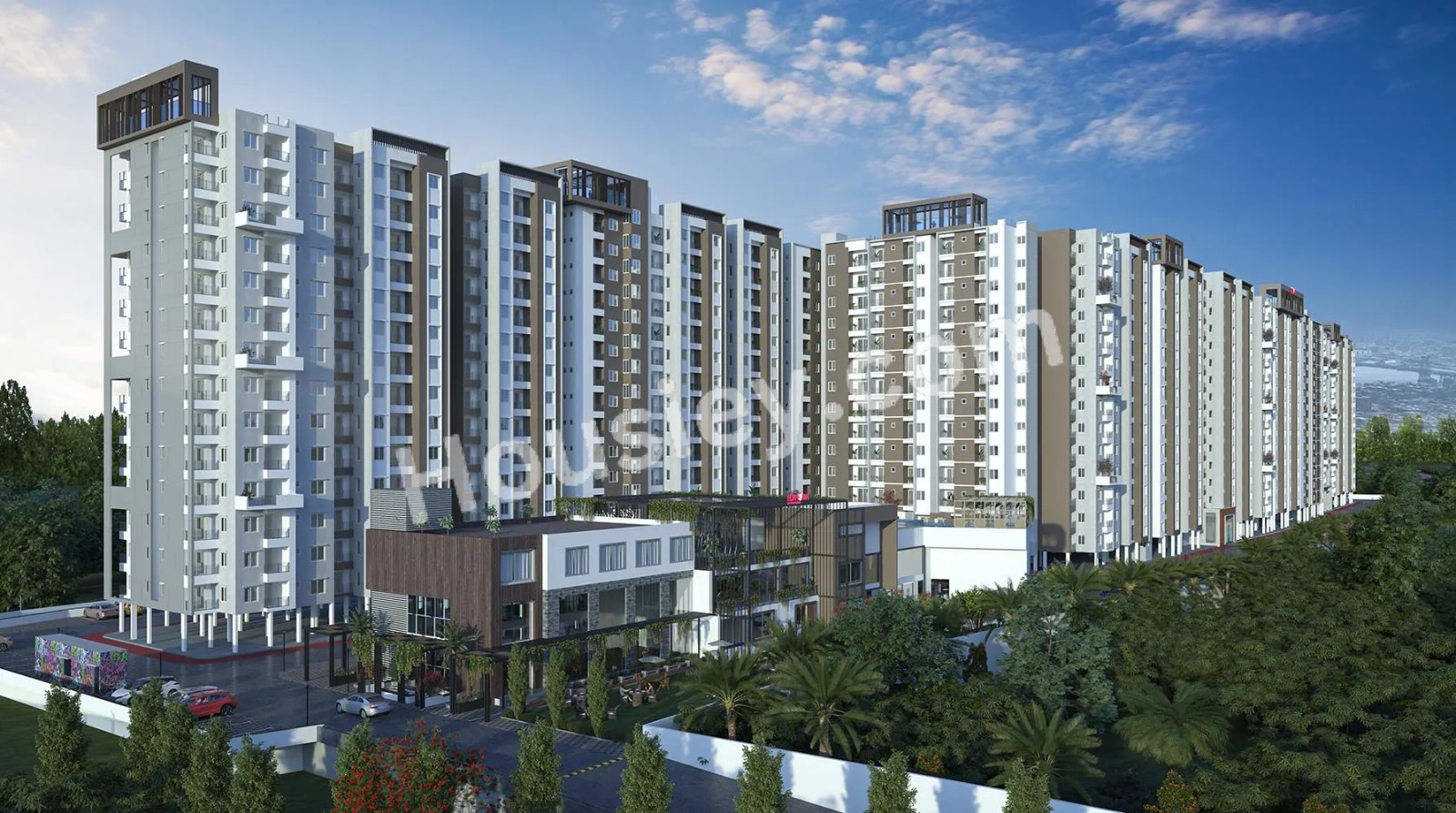Deciding whether to rent or buy a home is a major financial decision. In 2025, the real estate market continues to evolve, making the choice even more complex. While both options have their pros and cons, the right decision depends on your lifestyle, budget, and future plans.
Here’s a detailed guide to help you decide what’s best for you in 2025.
1. Understanding the Current Market Trends
Before choosing between renting and buying, it’s essential to understand the real estate landscape in 2025.
- Property Prices: In 2025, rising interest rates have slowed property price growth in some areas, but prime locations still remain expensive.
- Rental Market: Rental rates have increased in metro cities, making affordability a challenge for some tenants.
- Work-From-Home Culture: Flexible work trends have encouraged people to move to suburban areas where property prices are lower.
See also: Experience Luxury Living at 46 Banyan Tree Near Hinjewadi
2. Benefits of Renting in 2025
a) Flexibility
- Renting allows you to move easily if your job or lifestyle demands relocation.
- Ideal for those unsure about long-term commitments.
b) Lower Initial Costs
- Renting requires less upfront money compared to buying a home.
- Security deposits are much lower than down payments.
c) No Maintenance Worries
- In rented homes, landlords typically handle major repairs and maintenance.
- This saves you from unexpected expenses.
d) Access to Prime Locations
- Renting is often more affordable in popular city centers.
- Tenants can enjoy city conveniences without investing heavily.
3. Drawbacks of Renting in 2025
- Rising Rents: In growing cities, rental rates are climbing steadily.
- Lack of Ownership: Renters don’t build equity and must adhere to landlord rules.
- Limited Customization: Personalizing your living space may be restricted.
4. Benefits of Buying a Home in 2025
a) Long-Term Investment
- Property ownership builds equity over time, increasing wealth.
- Real estate is generally a stable and appreciating asset.
b) Stable Monthly Payments
- With a fixed-rate mortgage, your EMIs remain constant.
- This helps you plan your finances better.
c) Personalization and Freedom
- Homeowners can renovate and modify their space as desired.
- No need to follow landlord restrictions.
d) Potential Rental Income
- Buying property allows you to rent out portions or the entire space.
- This additional income can help cover loan repayments.
5. Drawbacks of Buying in 2025
- High Initial Costs: Down payments, registration fees, and furnishing costs add up quickly.
- Maintenance Burden: Homeowners are responsible for repairs and upkeep.
- Market Uncertainty: Property values may fluctuate, impacting returns.
6. Key Factors to Consider Before Deciding
a) Financial Stability
- If you have a stable income and savings, buying may be a better long-term investment.
- For those unsure about job stability, renting offers flexibility.
b) Lifestyle Needs
- If you prefer to travel frequently or explore new job opportunities, renting offers more freedom.
- For those seeking stability or planning to start a family, buying a home may be ideal.
c) Location Preference
- Renting in city hubs may be more practical than buying in prime areas.
- Buying is often more affordable in suburban or developing regions.
See also: Experience Luxurious Living at 86 Banyan Tree in Hinjewadi
7. Which Option is Better for You in 2025?
Choose Renting If:
- You need flexibility to move for work or lifestyle changes.
- Your job location is uncertain, or you’re exploring career opportunities.
- You prefer minimal responsibility for repairs and maintenance.
Choose Buying If:
- You plan to stay in one place for several years.
- You want to build long-term wealth through property ownership.
- You have sufficient savings to manage down payments and additional costs.
Final Thoughts
In 2025, both renting and buying have their benefits. The right choice depends on your financial situation, future plans, and lifestyle needs.



